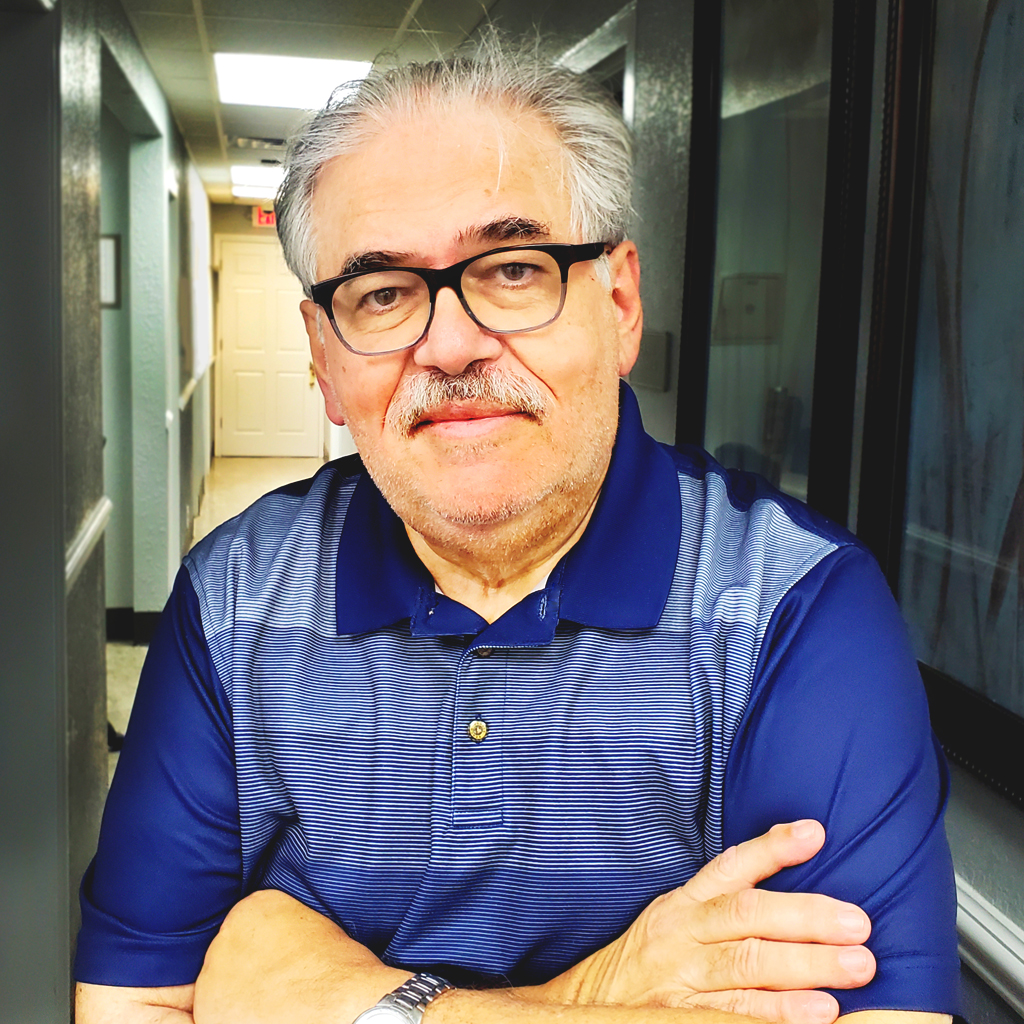What are Advance Directives?
A living will, health care proxy and durable power of attorney are the legal documents that allow you to give direction to medical personnel, family and friends concerning your future care when you cannot speak for yourself. You do not need a lawyer in order to complete advance directives.
You have the right to make decisions about your own medical treatment. These decisions become more difficult if, due to illness or a change in mental condition, you are unable to tell your doctor and loved ones what kind of healthcare treatments you want. That is why it is important for you to make your wishes known in advance. Here is a brief description of each kind of directive:
Living Will
A set of instructions documenting your wishes about life-sustaining medical care. It is used if you become terminally ill, incapacitated, or unable to communicate or make decisions. A living will protect your rights to accept or refuse medical care and removes the burden for making decisions from your family, friends and medical professionals.
Healthcare Proxy
A person (agent) you appoint to make your medical decisions if you are unable to do so. Choose someone you know well and trust to represent your preferences. Be sure to discuss this with the person before naming him or her as your agent. Remember that an agent may have to use his or her judgment in the event of a medical decision for which your wishes are not known.
Durable Power of Attorney
For healthcare: A legal document that name is your health care proxy. Once written, it should be signed, dated, witnessed, notarized, copied and put into your medical record.
For finances: You also may want to appoint someone to manage your financial affairs when you cannot. A durable power of attorney for finances is a separate legal document from the durable power of attorney for healthcare. You may choose the same person for both, or choose different people to represent you.


















